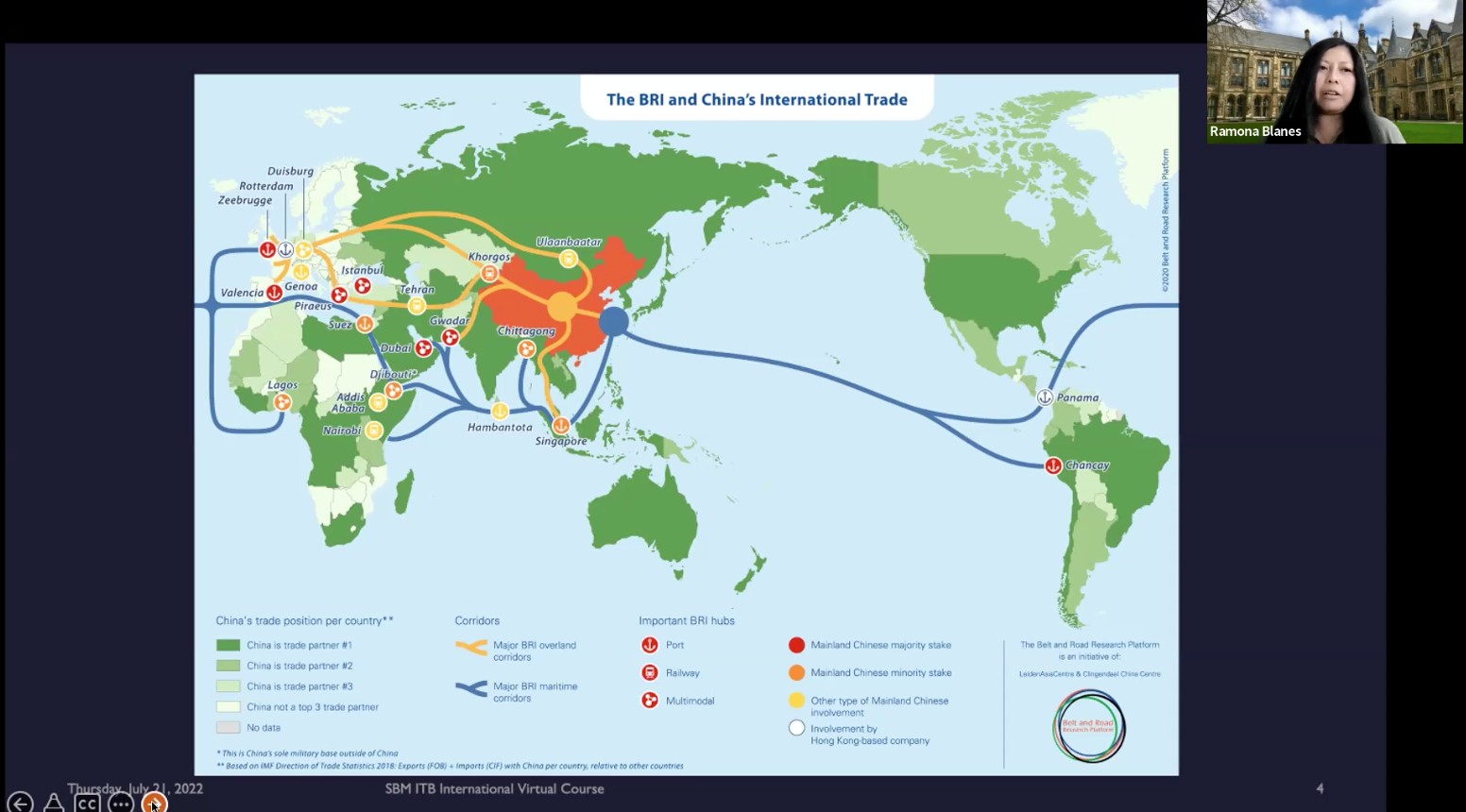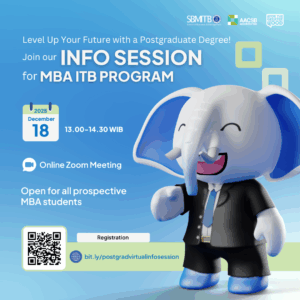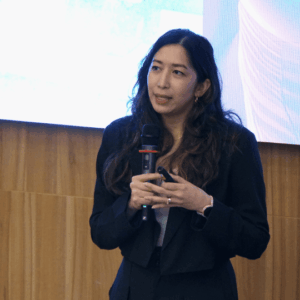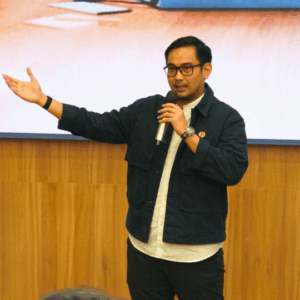The SBM ITB Summer Course Program, International Virtual Course 2022, with central theme “Soft Power,” was held in its fourth session on Thursday (21/7/2022) entitled “Exporting Cultural and Creative Products: Soft Power to Win the World.” A Senior lecturer from the University of Glasgow, Dr. Ramona Blanes, attended this event as a speaker.
 According to Ramona, soft power involves shaping the preferences of others through attraction. In other words, soft power is the persuasive power of a country. Usually, soft power relates to intangibles, such as culture or diplomacy. However, at this time, soft power has grown to spread to tangible things, such as infrastructure.
According to Ramona, soft power involves shaping the preferences of others through attraction. In other words, soft power is the persuasive power of a country. Usually, soft power relates to intangibles, such as culture or diplomacy. However, at this time, soft power has grown to spread to tangible things, such as infrastructure.
Dr. Ramona cited China’s Belt and Road Initiatives (BRI) program as an example. Chinese President Xi Jinping initiated the BRI program as an infrastructure project that connects China with Central Asia by land and China with Southeast Asia, the Middle East, and Africa by sea.
“This program is one example of soft power play. I call it a play because, at the end of the day, when we talk about power, it’s like a tug-of-war game. The Chinese government calls this initiative to enhance regional connectivity to embrace a brighter future. Still, actually, this project strengthens China’s position in international trade and increases emerging countries’ reliance on China,” Ramona explained.
This project raises the influence of China as a leading country, a side effect of soft power (intangible) generated from tangible projects (infrastructure). Therefore, we need to have a conscience and think about the risks of relying on big countries when they spread their soft power through these tangible projects.
In closing, Dr. Ramona emphasized that although soft power is more related to matters that have strength, such as culture, soft power can affect tangible things, such as the economy, because of its nature, is closely related to international trade. Thus, strengthening the supply chain through infrastructure can be an essential strategy to increase soft power.






